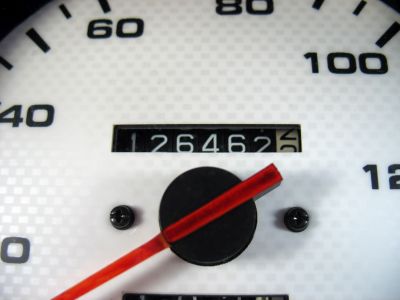3 Benefits of Upgrading Your Vehicle’s Speedometer for Better Performance

When you are hitting the open road, the last thing you want to be worrying about is whether your speedometer is faulty or if it is telling you the wrong reading. Being provided with accurate information exactly when you need it is something, we have become accustomed to, and fitting a brand new and precise speedometer can make your next road trip a breeze while keeping your speed exactly where it needs to be!
When it comes to picking the right installations, there are three main types of speedometers for your car: Electronic Programmable Speedometers, Mechanical Speedometers, and the newer advanced GPS Speedometers.
Each one of these types of speedometers has its advantages and disadvantages when it comes to monitoring performance. It’s essential not only to ensure that you pick the right one for your vehicle but to ensure that the speedometer you do choose to install is both reliable and accurate.
In all states, it is a legal requirement to make sure your vehicle is fitted with a working and accurate speedometer, while each state’s laws differ slightly, you could be facing prosecution if you knowingly drive your car with an inaccurate or faulty speedometer.
#1 Electronic Programmable Speedometers
These easy to install and easy to calibrate speedometers are compatible with most factory speed senders, providing you with an easy solution to keep your speed in check.
Simple to fit and accurate, these next-generation speedometers are an excellent choice for an upgrade to your car or truck.
#2 Mechanical Speedometers
A great marriage of performance and value, a mechanical speedometer provides time-test results compatible with every car or truck set up with a cable drive transmission.
Mechanical speedometers are calibrated for 1000 rpm at 60mph and use a 5/8”-18 fitting on the back to ensure excellent results every time.
#3 GPS Speedometers
This new breed of speedometers is the perfect marriage between convenience and performance. The only interface they require with your vehicle is power and ground; other than that, they are easy to set up and install on virtually any vehicle. GPS speedometers are ultra-fast and use an omnidirectional micro antenna to deliver fast plug and play results that never need calibration.
A bonus to using GPS speedometers over mechanical or electronic is the extensions of interface options. GPS Speedometers can be set up with a display that shows the odometer, trip odometer, GPS coordinates, compass, peak speed recall, time and date, and many other options, right on your heads-up display.
Is it possible to change your speedometer?
While it is possible to change your speedometer yourself, it’s usually advisable to get this done by a trained auto professional. The tools required are not specialists, but it certainly is advantageous to have specific skills and knowledge in this area.
It is worth upgrading your speedometer or even adding a second one through your GPS system to ensure that your car is safe and legal to be driven; some are even customizable to match your car aesthetics.






